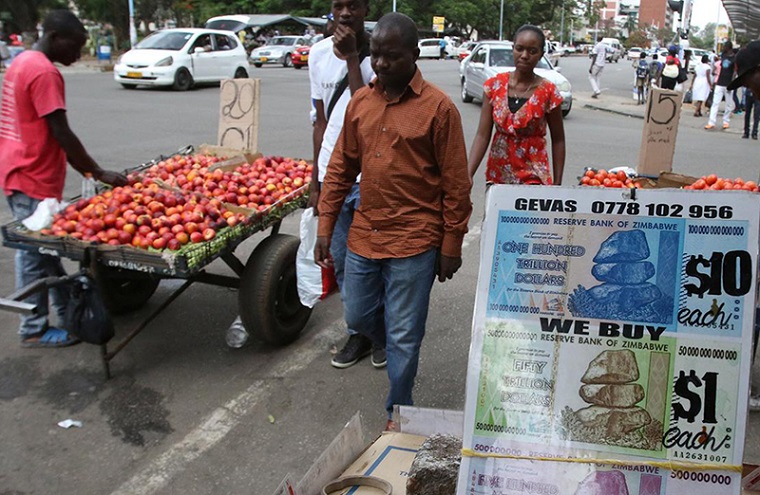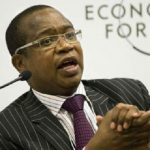On a regular basis I watch the world news and very frequently I see the situation in Venezuela discussed. Here is a major oil producer in a potentially rich country, suffering the same crisis. The outcome of their governments policies are the same as here and the solutions are the same. In 2008 we had massive migration of people to neighbouring countries – just like Venezuela today. If things get much worse here, the flight of people to other parts of the world will resume.
Then there is the foreign exchange crisis. Not enough money for anything – wheat, maize, fuel, essential medicines, electricity imports. Business cannot import spares or essential raw materials, cannot service external obligations and pay their foreign shareholders dividends. We can take such conditions for a while, stocks, external credit lines and suppliers patience, but eventually it catches up with us and, like a noose around your neck, gradually strangles our economy.
We may not recognise the symptoms but every businessman who needs hard currency to survive knows that being strangled is an emergency, declared or not.
One of the main reasons for a declaration of an emergency is to lift normal controls on decision making and to get everyone to understand that decisions have to be taken, and fast. In addition, people then understand why the State has to do things that may hurt in order to get the emergency under control. The man who has to deal with this emergency, apart from the President, is the new Minister of Finance. What does he have to do?
First a mini budget in the very near future, in that statement he has to report on the state of the fiscus and detail the problems. He has to give a clear analysis of expenditure against the 2018 budget and highlight areas that need immediate attention. In my personal view he has to raise additional revenues, he has to trim back State spending to the essentials and he has to ensure, overall, that he has dealt with the fiscal deficit which currently is headed for 40 per cent of all State spending and 16 per cent of the formal GDP. No progress is possible until he does that – like a traffic casualty in intensive care, stop the bleeding.
Then he has to deal with exchange control. The reason for this is that this is the policy which, like a rope around our necks, is going to strangle the economy. Why? I have always argued that exchange control is loved by crooks and Reserve Banks and no one else. The reason being that the system allows the transfer of real assets from the private sector which is creating wealth, to the crooks in our midst and they are many. The other reason is that the system gives power to the unseen officials who sit in offices in Government buildings and at the Reserve Bank, who create nothing and do little else that is productive, but they control who gets allocated what little hard currency (real money) is available at an artificially low price.
This means that they redistribute wealth, destroy the productive sectors of an economy and increase demand for hard currency because it is undervalued. The only way to cure this is to scrap exchange control completely and let the market fix the price and distribute what will always be a scarce commodity.
Strange as it may seem, if we do those two simple things, many if not most of our problems will evaporate. Sure we will still have to tidy up, but the real crisis or emergency is done.
Eddie Cross
Harare 23rd September 2018
(469 VIEWS)


